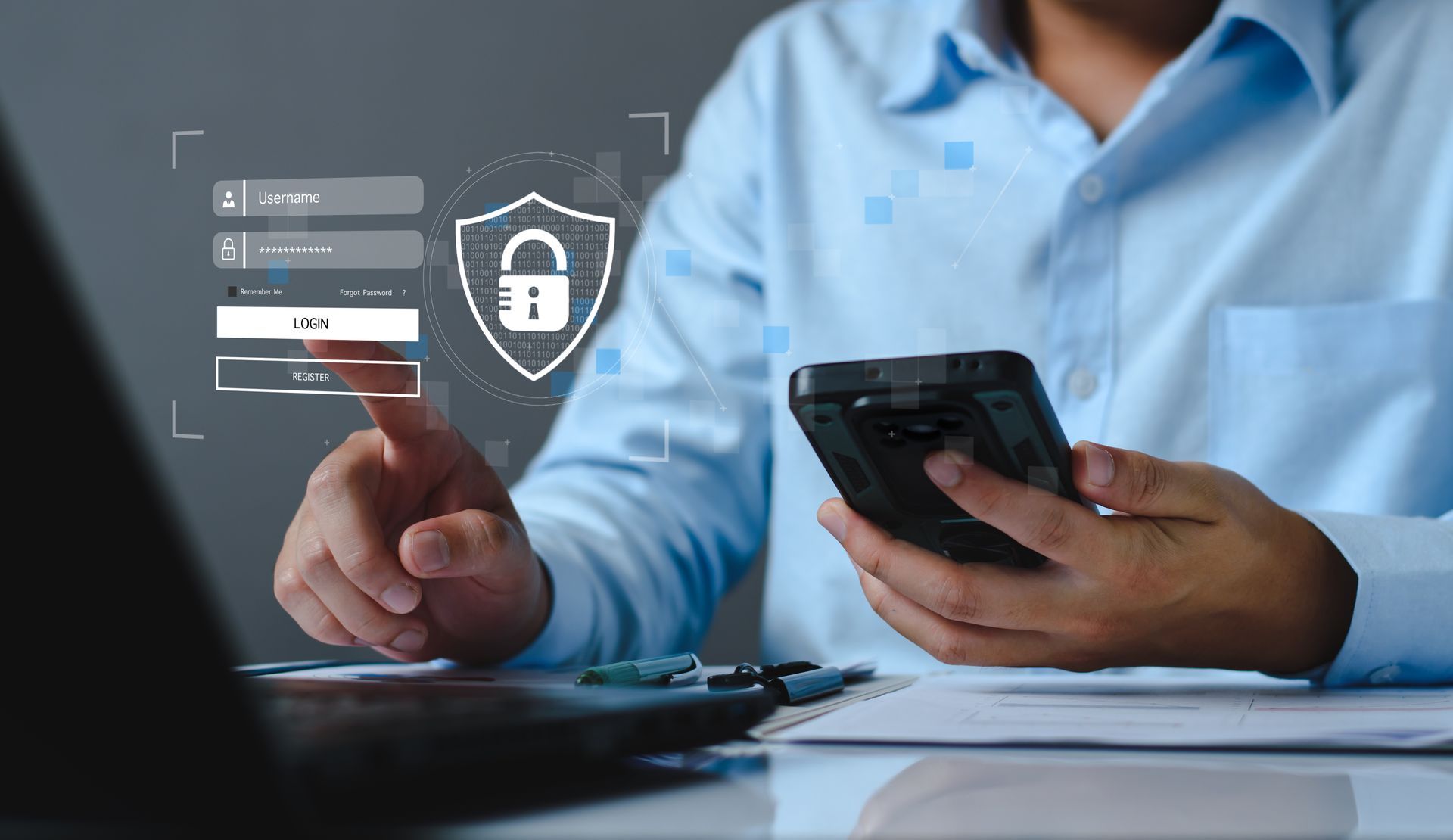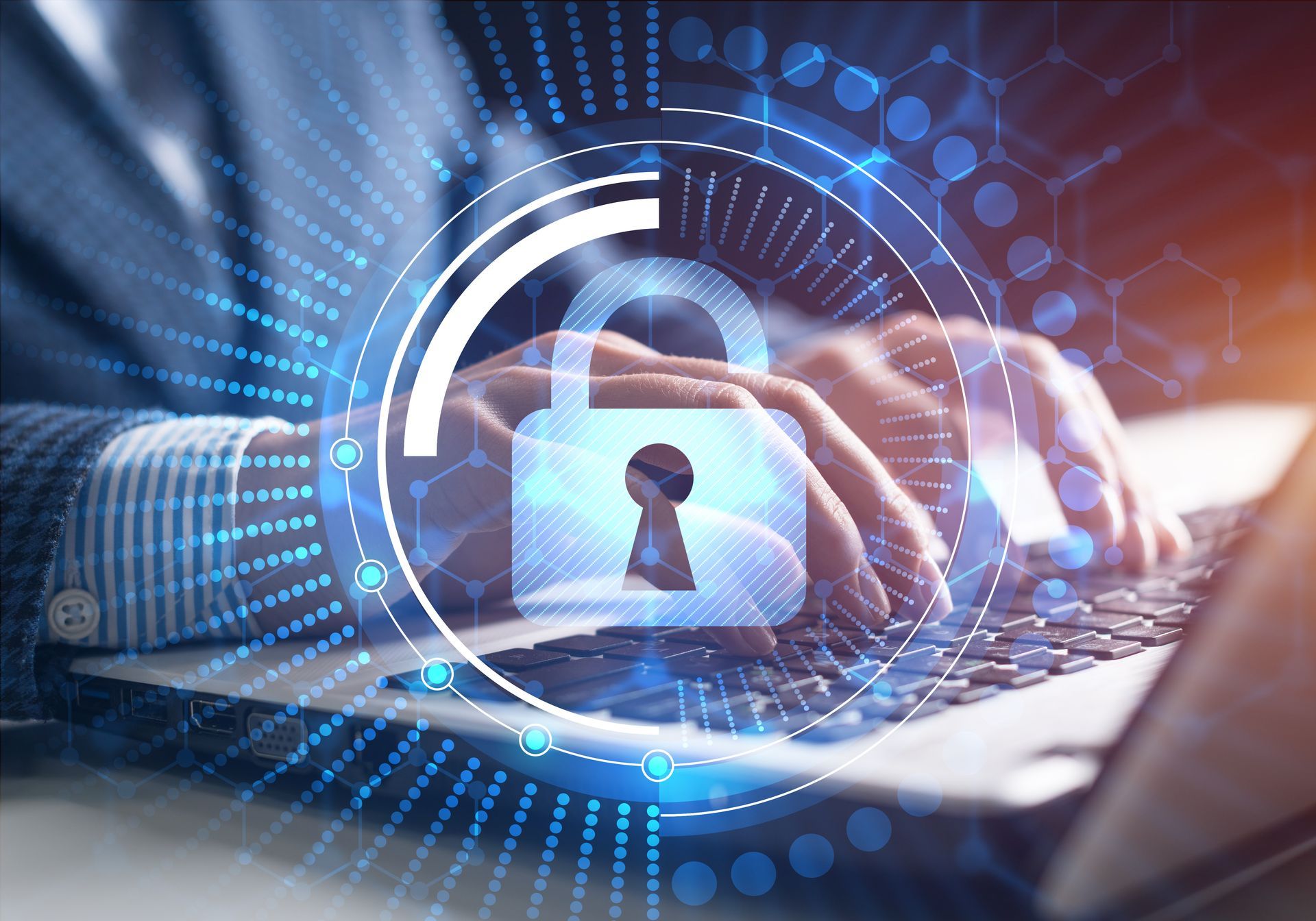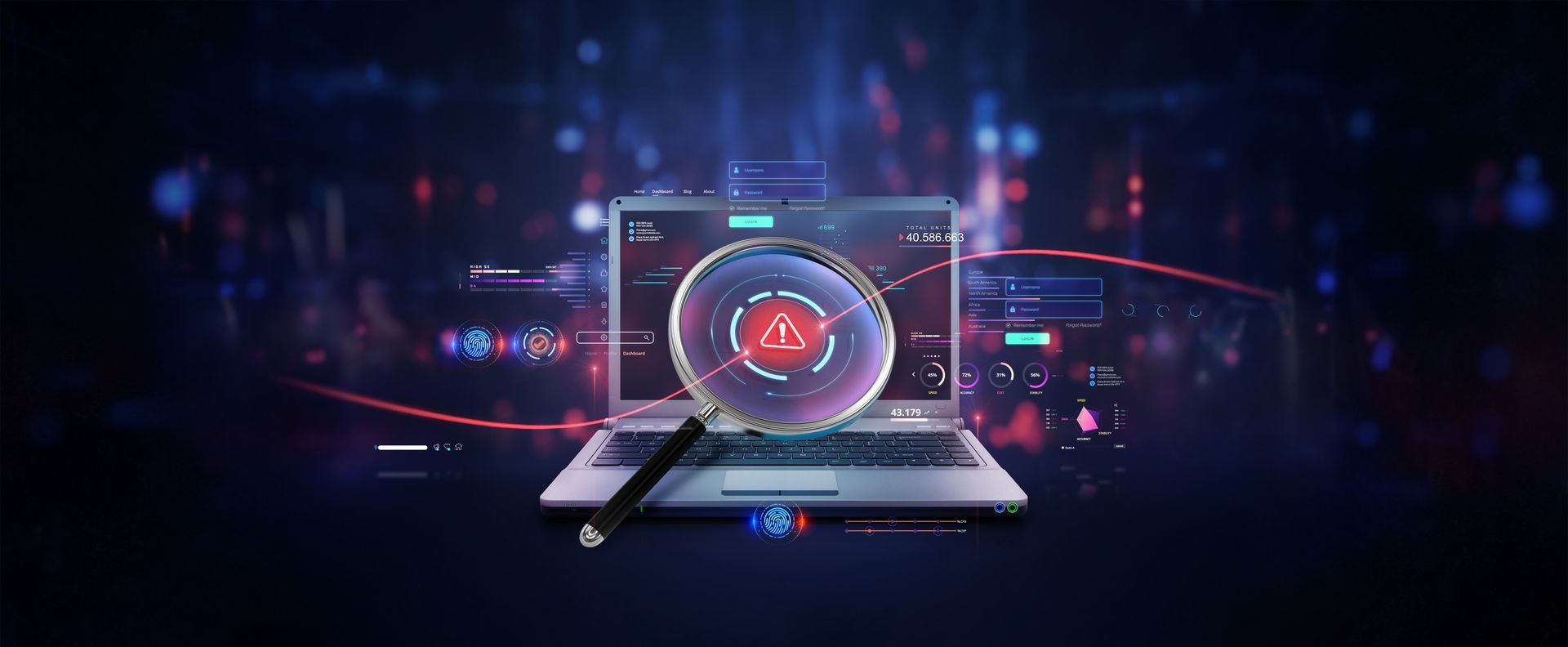A Deep Dive Into Phishing Scams
Phishing scams continue to be a prominent and highly effective form of cyberattacks in today's digital landscape. It is of utmost importance that businesses like yours fully grasp the level of danger they present. Without a clear understanding of how threat actors exploit phishing emails, your business could easily become their next target.
Within this blog, you will gain insight into the motives behind phishing emails, the diverse range of phishing attacks, and, most crucially, discover effective measures to safeguard your email and business.
The objective of phishing emails
Cybercriminals employ phishing emails as a means to deceive unsuspecting individuals into engaging in activities that can greatly impact business operations, including sending money, sharing passwords, downloading malware, or disclosing sensitive information. The primary objective behind a phishing attack is to cunningly acquire your money, data, or both.
Financial theft - The most prevalent goal behind a phishing attempt revolves around stealing your finances. Scammers utilize diverse strategies, such as business email compromise (BEC), to execute fraudulent fund transfers or employ ransomware attacks to extort money.
Data theft - In the eyes of cybercriminals, your data, encompassing usernames, passwords, identity information (e.g., social security numbers), and financial data (e.g., credit card numbers or bank account details), is as valuable as gold. They can exploit your login credentials to perpetrate financial theft or inject malware. Furthermore, your sensitive data can be sold on the dark web for profit.
Stay vigilant and be on the lookout for these phishing attempts:
- Exercise caution when an email prompts you to click on a link. Scammers use phishing emails to send links that may contain harmful software designed to steal your personal data.
- Be cautious if an email directs you to a website. It could be a deceptive website that aims to steal your personal information, including your login credentials.
- Remain alert if an email includes an attachment. Malicious extensions cleverly disguised as documents, invoices, or voicemails can infect your computer and compromise your personal information.
- If an email pressures you to take immediate action, such as transferring funds, be skeptical. Always verify the authenticity of the request before taking any action.
Different types of phishing
It's important to note that phishing attacks are constantly evolving and can target businesses of all sizes. While phishing emails are a common method used by cybercriminals, they also use texts, voice calls and social media messaging.
Be aware of the various types of phishing scams that you need to be cautious of.
Spear phishing — Scammers send highly personalized emails targeting individuals or businesses to convince them to share sensitive information such as login credentials or credit card information. Spear phishing emails are also used for spreading infected malware.
Whaling — Whale phishing, also known as whaling, is a sophisticated form of spear phishing that specifically targets high-level executives. This deceitful scheme involves the perpetrators masquerading as trusted sources or websites to illicitly obtain valuable information or monetary gains.
Smishing — An ever-growing cyberattack method, involves the use of text messages that impersonate trustworthy sources, aiming to deceive victims into divulging sensitive information or making monetary transactions.
Vishing — Cybercriminals employ vishing, also known as voice phishing, to contact individuals, posing as representatives from the IRS, a bank, or even their own workplace. The main objective of voice phishing is to persuade victims into divulging their confidential personal details.
Business email compromise (BEC) — A Business Email Compromise (BEC) is a sophisticated form of spear phishing that employs a deceptively genuine email address to deceive its target, typically a high-ranking executive. The primary objective of a BEC scam is to manipulate an employee into unknowingly sending funds to the cybercriminal, all while convincing them that they are engaging in a legitimate and authorized business transaction.
Angler phishing — Commonly referred to as social media phishing, this particular scam predominantly preys on individuals who frequent social media platforms. Fraudsters operating through counterfeit customer service accounts cunningly deceive disgruntled users into divulging their confidential information, such as banking particulars. Typically, scammers direct their efforts towards financial establishments and e-commerce enterprises.
Brand impersonation — Brand impersonation, also referred to as brand spoofing, is a form of cyber scam that involves the use of emails, texts, voice calls, and social media messages. In this deceitful act, cybercriminals masquerade as a well-known company, aiming to deceive its customers into divulging sensitive information. Although the primary targets of brand impersonation are the customers themselves, the repercussions can extend to damaging the brand's reputation.
Bolster your email security
Emails play a critical role in ensuring the success of your business. However, mastering email best practices and adhering to safety standards can be quite challenging when done independently. This is where a partnership with an IT service provider, like us, can truly make a difference. With our extensive resources and cutting-edge tools, we can effectively safeguard your business from cyberattacks, allowing you to focus on your most important tasks without any concerns. Don't hesitate to get in touch with us now!!
Meanwhile, to learn how to secure your inbox,
download our eBook — Your Guide to Email Safety — that will help you improve your email security and avoid potential traps.

Work With The Leading IT Support Company in The Country For IT Security Support Services!
Contact Info
We are always available for you to pass & get back on the
right track.
Phone: (877) 800-6710
Email: info@precisionitconsulting.com
Headquarters: 1333 Willow Pass Rd, Suite 214, Concord CA 94520
We service the entire Bay Area and Sacramento area including the City and County of San Francisco, Contra Costa County, Alameda County. Cities including Concord, Walnut Creek, Danville, Orinda, San Ramon, Pleasanton, Pinole, Pleasant Hill Richmond, Antioch, Lafayette, Livermore, Dublin, Oakland, Hayward, Fremont, San Jose, Mountain View, San Mateo, San Francisco, Daly City, San Rafael and Sacramento.
Quick Links

All Rights Reserved | Precision IT Consulting | Privacy Policy
Website by EnlightWorks



